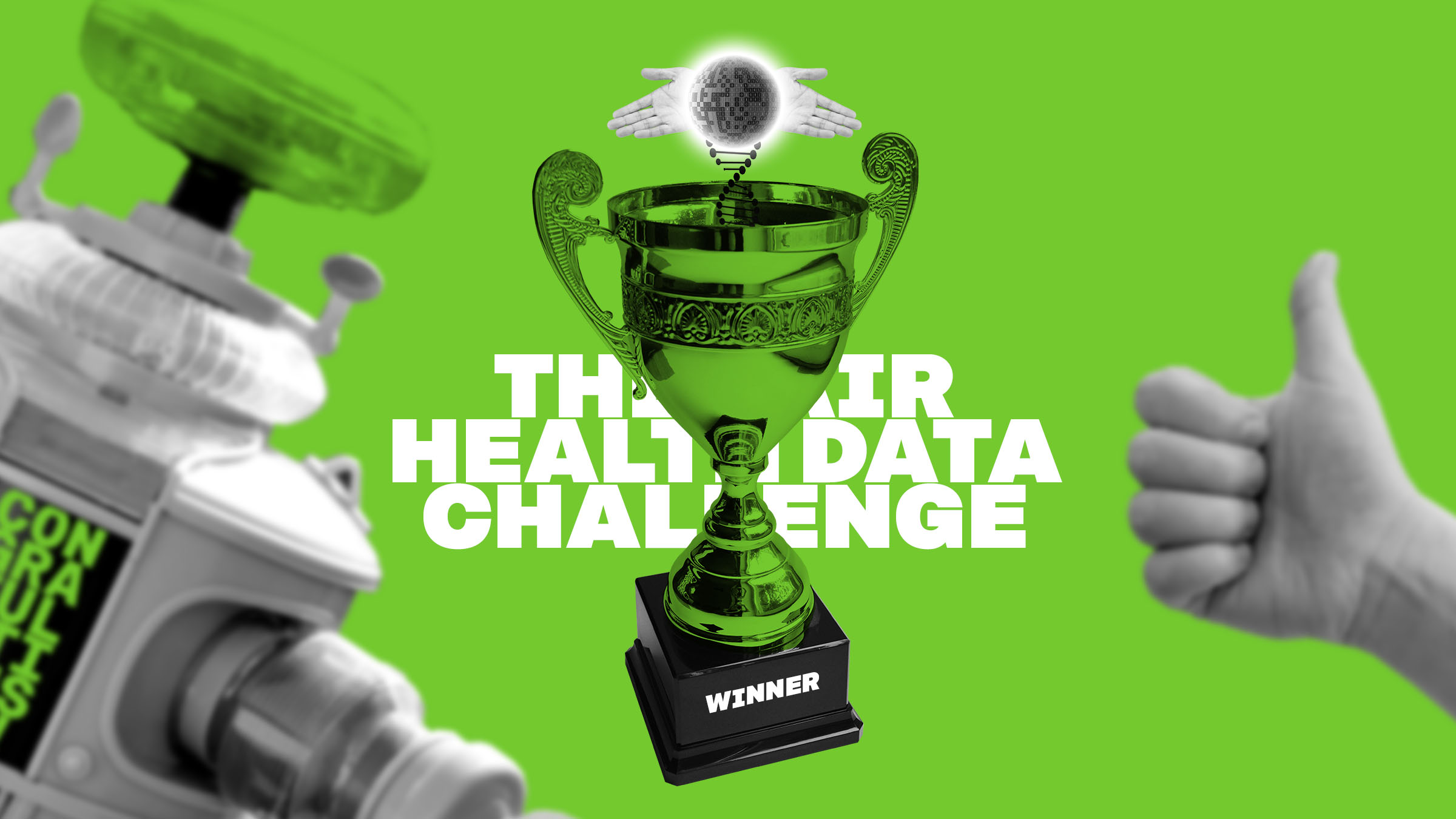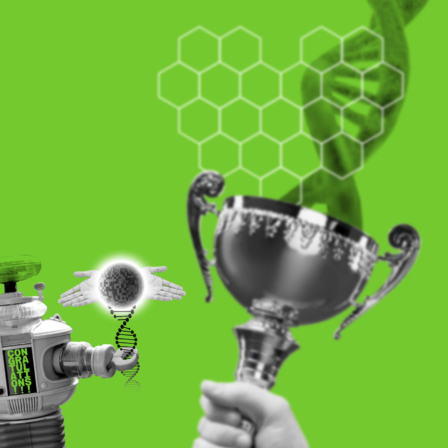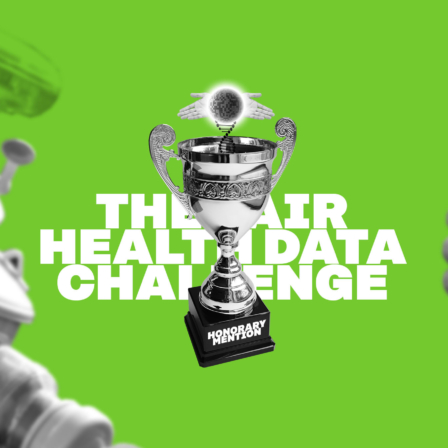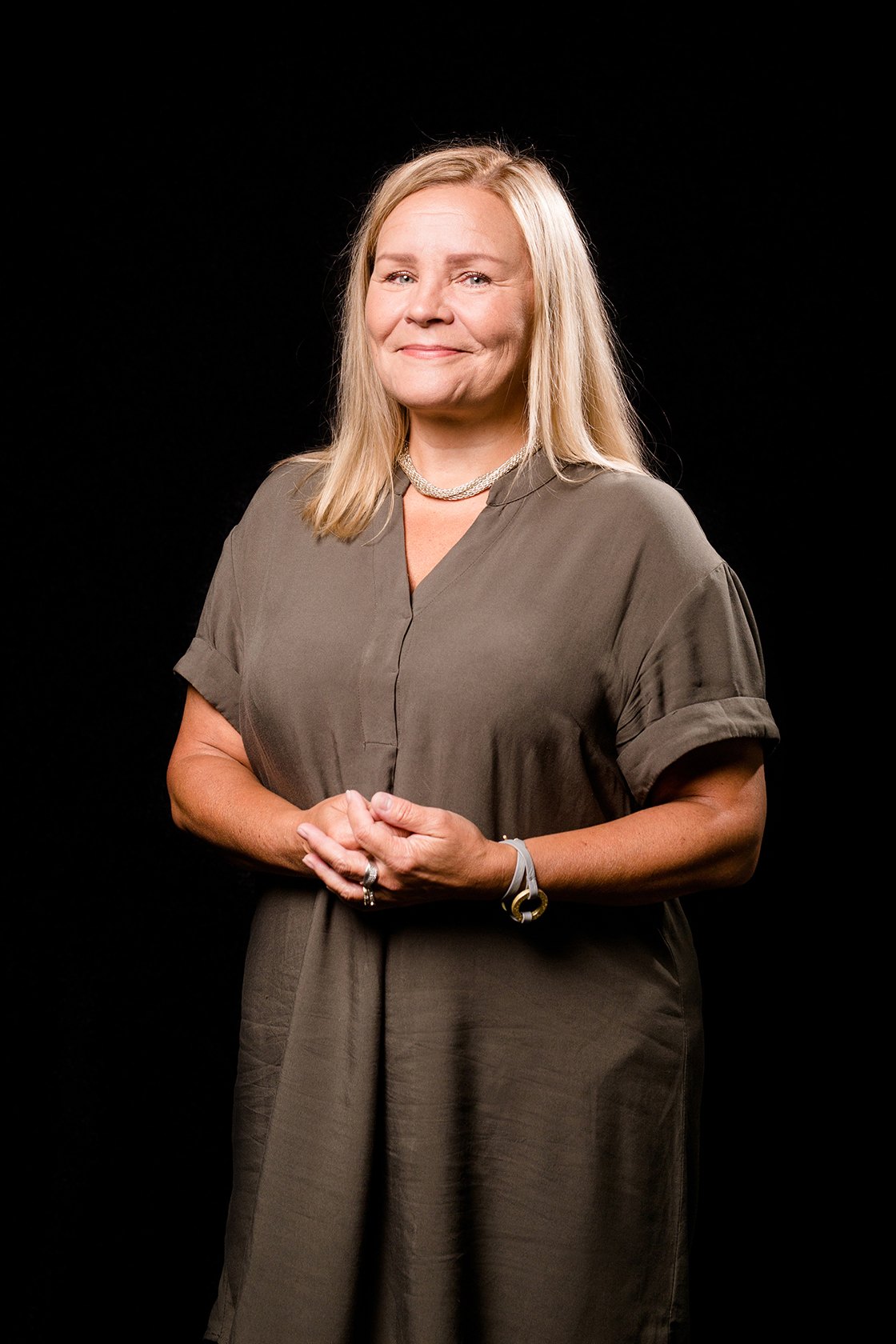In spring 2021, we launched The Fair Health Data Challenge to find practical examples of digital health and well-being services where data is used transparently and with people’s consent.
The criteria on which the entries were assessed were the management of one’s own personal data; user-friendliness and data accessibility; a model of data sharing; fairness, security and confidentiality; the impact of the solution; innovation and trust.
The international panel of experts chose three winners and also recognised three other challenge participants with an honorary mention.
The three winners implement the principles of a fair data economy
Antegenes, Estonia
The cancer risk test developed by Antegenes uses, with the individual’s consent, genome data from a national biobank to assess their cancer risk. The assessment report is saved in a national health register and can be easily shared, with the individual’s consent, with private doctors and other healthcare professionals. The company has created an easy-to-use customer portal, with which customers can manage their data and consents.
Participant: Antegenes OÜ, Dr Peeter Padrik, peeter.padrik (at) antegenes.com
The jury’s evaluation
The solution is an excellent example of how a person giving a sample to a biobank benefits from the use of their data. The early detection of cancer is significant from the point of view of public health. The solution optimally combines the use of different registers and provides tangible, consent-based benefit for the individual.
Longenesis, Latvia
The solution developed by Longenesis creates tools for the efficient cross-border exchange of data between researchers, healthcare institutions and providers of research financing. To involve individuals, a secure and dynamic consent-management tool has been created, which enables the compilation of a prospective patient cohort for research projects, for example. This accelerates pharmaceutical research and the creation of new treatments.
Participant: Longenesis, Emil Syundyukov, es (at) longenesis.com
The jury’s evaluation
The solution is a prime example of an efficient platform for the secondary use of research data. The solution’s efficient consent tool makes it possible to engage individuals. Data processing is secure and the unnecessary transfer of data is avoided by all means possible.
Sensotrend, Finland
The solution developed by Sensotrend collates data about a diabetes patient from multiple sources into a single entity. The solution makes it easy for the patient to understand the impacts of different functions on their body and make corrective changes that also make their everyday life easier. With the solution, it is easy to share data with different parties, such as research units, peer groups and national health registers.
Participant: Sensotrend Oy, Mikael Rinnetmäki, mikael (at) sensotrend.com
The jury’s evaluation
The core of the solution is sharing data and refining it into an understandable format. The open interfaces created by the company have made it possible to create an ecosystem, which enables co-operation among numerous application providers. With the consent tool, different permissions can be specified on a more detailed level according to their use.
In addition, the international panel of experts recognised three other challenge participants with an honorary mention.





















Read more